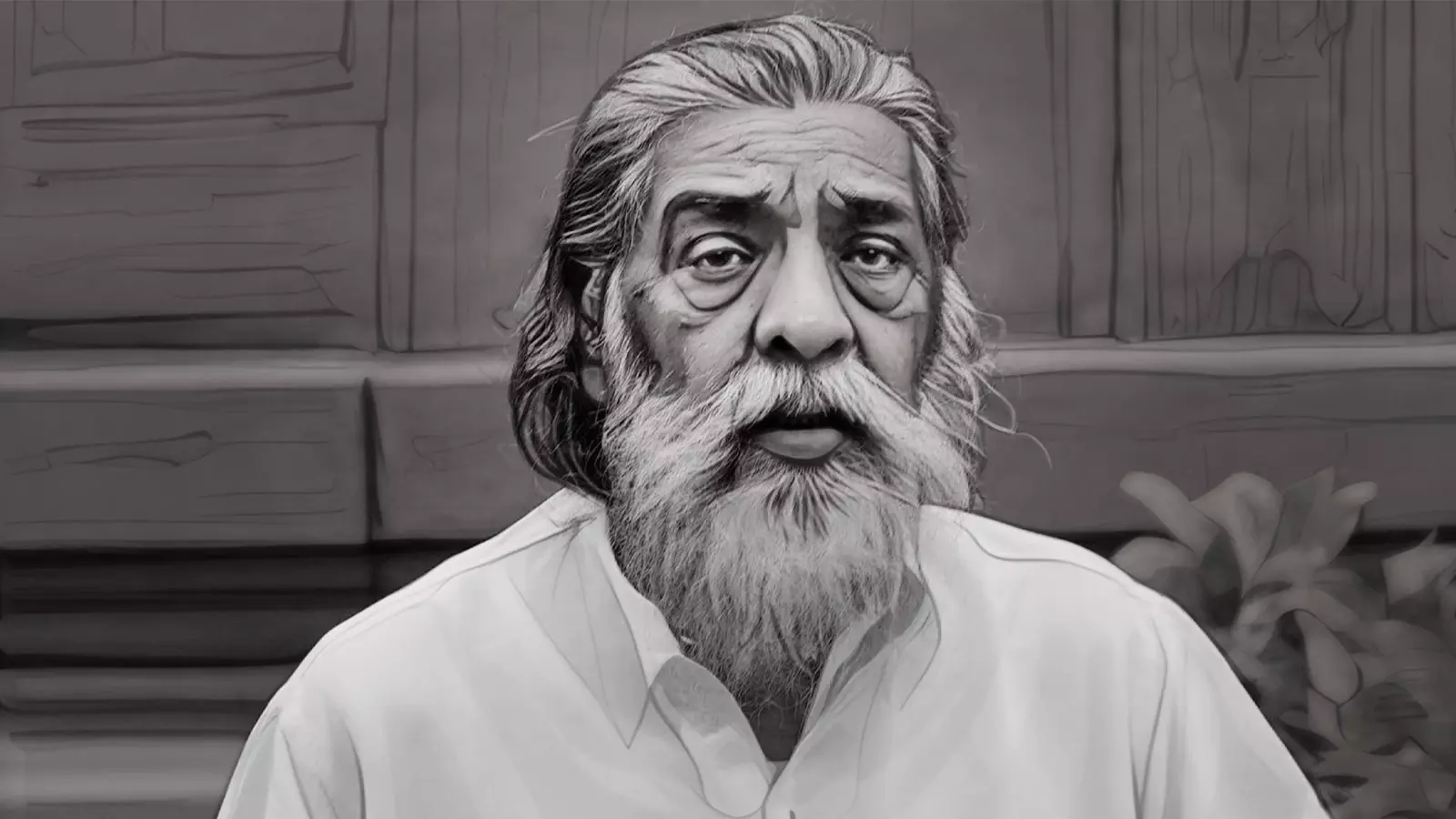Shibu Soren obit: The revolutionary tribal voice who carved out Jharkhand
From battling moneylenders to championing statehood, the ‘Dishom Guru’ leaves behind a legacy of struggle, sacrifice, empowerment for India’s tribal heartland


Fondly called Dishom Guru or Guruji by all, Shibu Soren passed away on Monday at Sir Ganga Ram Hospital in New Delhi after a prolonged illness. He was 81.
His death marks the end of a legacy in Jharkhand, which witnessed a long-drawn struggle for the upliftment of tribal people—from the days of Birsa Munda during British rule to Shibu Soren in independent India.
While Birsa is still revered as Bhagwan by the tribesmen, Shibu Soren was known as Dishom Guru—a spiritual and political leader—for various tribal clans including the Santhalis, Mundas, Hos, and others. His passing has created a void in the political and cultural landscape of Jharkhand.
Tribal leader
Politicians of all affiliations and common people—tribals and non-tribals alike—venerated this short-statured tribal leader, despite the bribery charges he faced in the infamous ‘cash for MPs’ case during the Narsimha Rao government.
Shibu Soren: End of an era
♦ Shibu Soren, tribal icon, passed away at 81
♦ Key figure in Jharkhand’s statehood movement
♦ Faced criminal charges but remained revered leader
♦ Championed tribal rights, land, forest, livelihoods
♦ Founded JMM, served thrice as Jharkhand CM
Soren was also accused of murder and mass killings, yet remained the patriarch of the tribal communities in Jharkhand, West Bengal, Odisha, and neighbouring Chhattisgarh.
A towering figure in Jharkhand politics, Soren's life was devoted to tribal rights and the formation of Jharkhand as a separate state in 2000. He championed the cause of marginalised communities for decades.
Political journey
Born on January 11, 1944, in Nemra village of Ramgarh district, Soren began his political journey by advocating for basic tribal rights—land ownership and resistance against usury and moneylending in the tribal belt.
Watch | Jharkhand: ‘Hemant Soren signals he is the boss’
Known as Shivlal during his childhood, he was enrolled in a village school as Shivcharan Manjhi. His father, Sobaran Manjhi, was a school teacher who also opposed exploitation by moneylenders. Tragically, he was killed in November 1957, a victim of the moneylender nexus.
This event became a turning point in Shibu Soren's life. He abandoned his studies and began a full-scale struggle against moneylenders who had grabbed tribal land in exchange for unpaid debts. He also led successful campaigns against liquor consumption in tribal regions.
Founding of JMM
In 1972, he co-founded the Jharkhand Mukti Morcha (JMM) with Marxist leader AK Roy and Mahato leader Binod Bihari Mahato, launching a sustained movement for Jharkhand's statehood. His political legacy is deeply rooted in grassroots activism, tribal empowerment, and social justice.
Soren served as Jharkhand's Chief Minister three times—in 2005, 2008, and 2009—and as Union Minister of Coal. He was elected to the Lok Sabha from Dumka in 1980, from 1989 to 1998, and from 2002 to 2014.
In the 2014 elections, the JMM won only two out of 14 Lok Sabha seats in Jharkhand. While Shibu Soren secured an eighth term from Dumka, Vijay Kumar Hansdak won from Rajmahal in the Santhal Pargana region.
Serious accusations
Soren was also accused of mass killings during his crusade against mahajans (moneylenders) who entrapped tribals in debt. His campaign against usury, which intensified in the 1970s after his father's death, made him a legendary figure in tribal consciousness.
Also read | Jhansi Rani to Kanimozhi to Kalpana Soren, Indian women leaders are rarely Plan A
He was further implicated in the kidnapping and murder of his private secretary Shashi Nath Jha, who allegedly knew about clandestine deals between the Congress and the JMM to save the Narsimha Rao government. Convicted in the case, Soren resigned as Union Minister of Coal at the directive of then-Prime Minister Manmohan Singh—becoming the first Union Minister convicted in a murder case.
Despite electoral losses, his charisma retained its hold among tribals, especially the Santhals, who symbolically worship a robust stone as a totem.
Jal, Jamin, Jungle
The JMM supremo consistently promoted the Jal, Jamin, Jungle (water, land, forest) agenda to galvanise tribal support. “The local people exist on water, forest and land—if land slips from their hands, they will lose their livelihood,” he often declared at public meetings.
However, he was also accused of violating the Chhotanagpur Tenancy Act and Santhal Pargana Tenancy Act for financial gains, despite advocating the Jal, Jamin, Jungle cause.
With patriarch Shibu Soren’s demise, the responsibility of preserving the JMM’s stronghold in the Santhal Pargana region now falls on his second son and current Chief Minister, Hemant Soren.
His charm and legacy will continue to resonate among the tribal communities, for his sacrifices and role in the creation of Jharkhand remain unparalleled.

